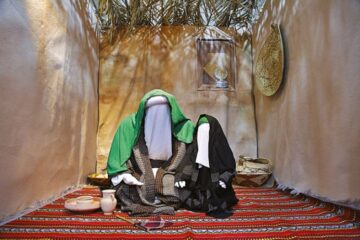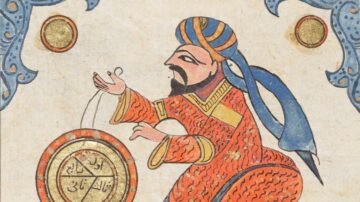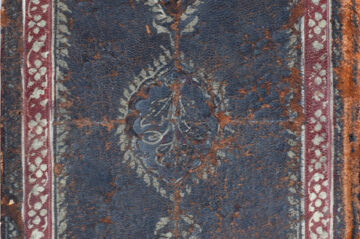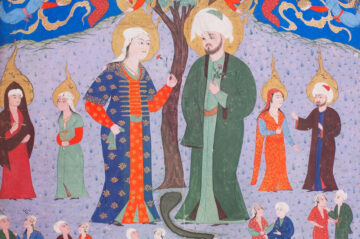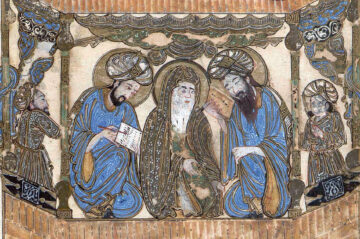- IHTLS
- Lecture series
The Early Ismaili Daʿwa in Central Asia: Abū Manṣūr al-Māturīdī (d. 333/944) as Eyewitness
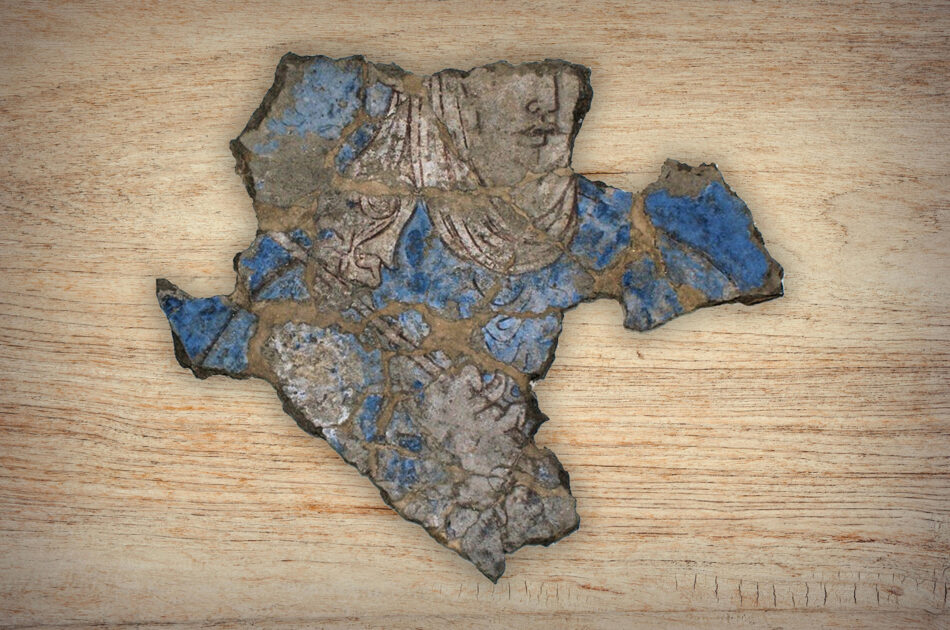
-
Status
Applications Open -
Date
02 Oct 2024 -
Location
Aga Khan Centre
Register to attend online Register to attend in person
This event will start promptly at 17.00 BST
Abū Manṣūr al-Māturīdī (d. 933/944), is widely known as the eponym of one of the major schools of Sunnī philosophical theology, and a notable figure of Samarkand’s Islamic heritage. His scholarly corpus, which has only recently received a wider circulation, remains a rich yet unexplored historical document of early Islamic thought in its formative period beyond the central domains of the Abbasid caliphateThe Muslim political institution or state centred around the caliph, which came to an end, historically, in 1924 with the disappearance of the Ottoman Empire.. Al-Māturīdī’s reception of Ismaili thought is of a uniquely extensive nature, and addresses topics as far-reaching as metaphysics, theology, prophetology, and Shīʿi hermeneutics. This lecture presents an extensive survey of the material contained in this corpus and offers a speculative thesis about what al-Māturīdī might convey to us about the content and methods of the early Ismaili daʿwaLit. ‘summons’, ‘mission’ or invitation to Islam. Amongst Shi’i Muslims, it was the invitation to adopt the cause of the Imamat. It also refers more specifically to the hierarchy of… in Central Asia.
Speakers

Rodrigo Adem
Assistant Professor
Rodrigo Adem, PhD, is Assistant Professor of Arabic and Islamic Studies at Georgetown University. He works on pre-modern Islamic intellectual history and regional histories and identities of the Middle East.

Aslisho Qurboniev
Research Associate
Dr Aslisho Qurboniev is a historian of the premodern Islamic world, with a focus on scholarly communities, knowledge production and transmission in Arabic and Persian, especially during the Fatimid period (909-1171). He obtained his PhD from the University of Cambridge (2015-2019) with a thesis entitled ‘Traditions of Learning in Faṭimid IfriqiyaMediaeval Muslim name for modern-day Tunisia; also the area where the Fatimids founded their state in the early tenth century. (296–362/909–973): Networks, Practices, and Institutions’.
Hosted by the Institute of Ismaili Studies (London) and convened by Dr Orkhan Mir-Kasimov, the Islamic History and Thought Lecture Series is designed to invite scholars of various international academic institutions, specialising in intellectual, social and political aspects of medieval and early modern Islamic societies, to present and discuss their research.
Read more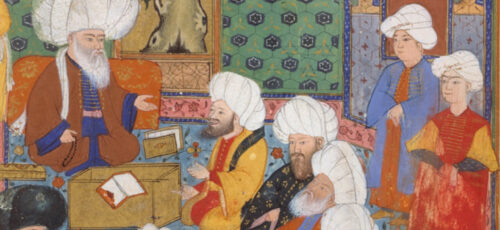
Please note filming and photography may take place during the event, and be used across our website, newsletters and social media accounts. These could include broad shots of the audience and lecture theatre, speakers during the talk, and of audience members participating in Q&A.
Views expressed in this lecture are those of the presenting scholars, not necessarily of IIS, the Ismaili community or leadership. Promotion of this lecture is not an explicit endorsement of the ideas presented.
Cover photo: “A Wealthy Arab”, from the wall of Devashtich’s palace dated to the 7th Century CE, Panjakent (modern-day Tajikistan). Public Domain. Background added digitally.

